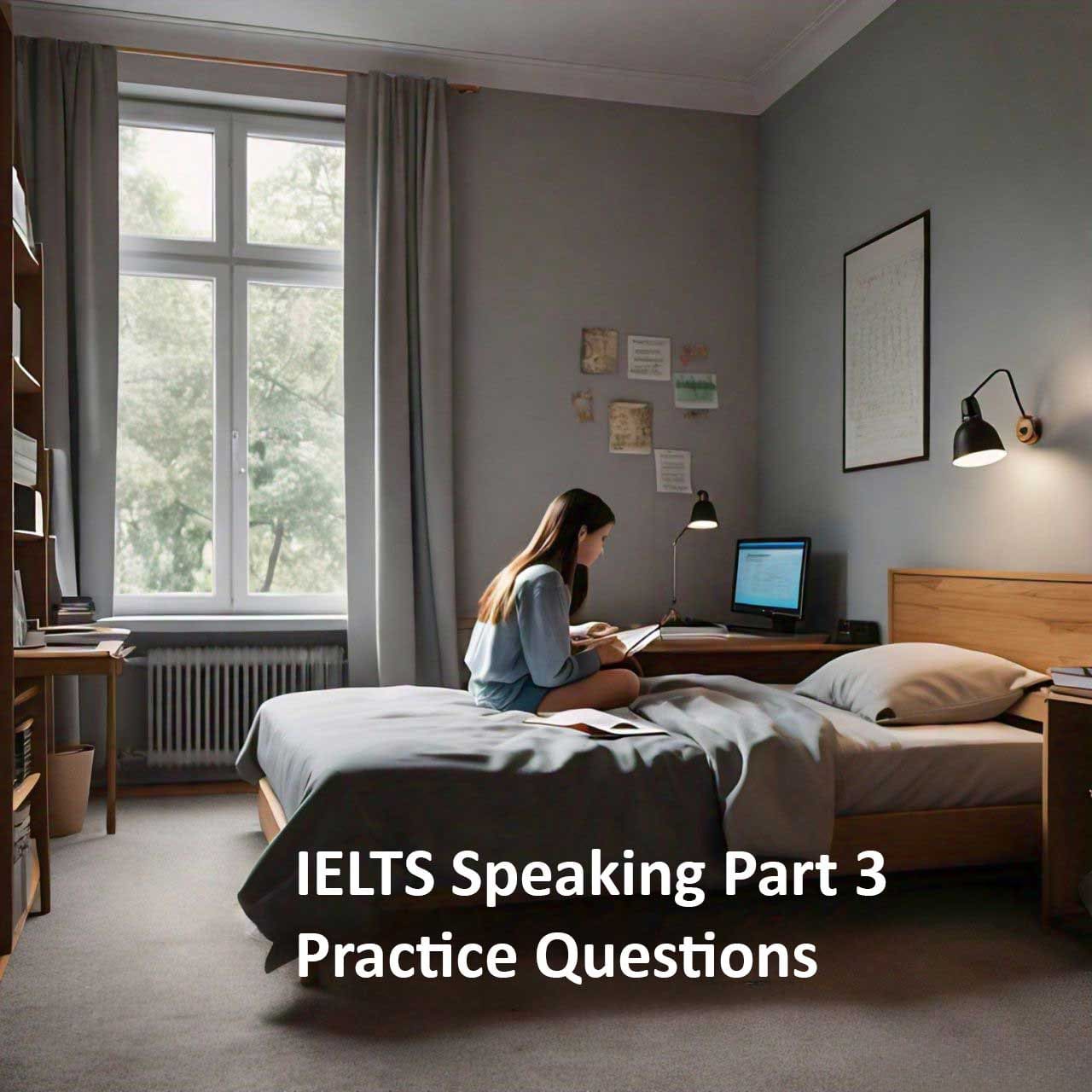In the realm of the IELTS (International English Language Testing System) exam, achieving proficiency in pronunciation is paramount, particularly in the Speaking section. Clear and accurate pronunciation not only enhances your overall communicative ability but also contributes significantly to your score. In this blog post, we’ll explore effective strategies for improving pronunciation to excel in the IELTS Speaking test.
Importance of Pronunciation in IELTS Speaking
1. Clarity of Communication: Clear pronunciation ensures that your message is conveyed accurately and intelligibly to the examiner, enhancing the overall clarity of your speech.
2. Comprehensibility: Accurate pronunciation facilitates comprehension, enabling the examiner to understand your responses without undue effort or confusion.
3. Fluency and Coherence: Proficient pronunciation contributes to fluency and coherence in speech, allowing you to articulate your ideas smoothly and coherently.
4. Scoring Criteria: Pronunciation is one of the four criteria used to assess Speaking performance in the IELTS exam, alongside fluency and coherence, lexical resource, and grammatical range and accuracy.
Strategies for Improving Pronunciation
1. Listen and Imitate:
– Listen to native speakers or proficient English speakers, such as news anchors, podcasts, or audio recordings, and imitate their pronunciation. Pay attention to intonation, stress patterns, and rhythm.
2. Practice Phonetics:
– Familiarize yourself with English phonetic symbols and pronunciation rules. Practice distinguishing between different sounds, including vowels, consonants, diphthongs, and consonant clusters.
3. Focus on Word Stress:
– Pay attention to word stress patterns in English words and phrases. Practice identifying stressed syllables and pronouncing them with the appropriate emphasis.
4. Use Pronunciation Apps and Resources:
– Utilize pronunciation apps, online resources, or pronunciation guides to practice pronunciation drills and exercises. These tools often provide feedback on your pronunciation and offer suggestions for improvement.
5. Record and Listen to Yourself:
– Record yourself speaking and listen to the recordings to identify areas of pronunciation that need improvement. Focus on aspects such as vowel sounds, consonant sounds, and intonation patterns.
6. Seek Feedback:
– Solicit feedback on your pronunciation from teachers, tutors, or language partners. Ask them to identify specific areas for improvement and provide guidance on how to address them effectively.
7. Practice Speaking Regularly:
– Practice speaking English regularly in various contexts, such as conversations, presentations, or role-plays. The more you speak, the more opportunities you have to refine your pronunciation skills.
8. Focus on Problem Sounds:
– Identify specific sounds or phonetic features that pose challenges for you and focus on practicing them systematically. Dedicate extra time and effort to mastering problem sounds until you feel confident in your pronunciation.
9. Slow Down and Enunciate:
– Pay attention to your speaking pace and enunciation. Slow down if necessary to ensure clarity, especially when pronouncing difficult words or phrases.
10. Stay Relaxed and Confident:
– Maintain a relaxed and confident demeanor while speaking. Tension or anxiety can affect your pronunciation, so practice relaxation techniques, such as deep breathing or visualization, to stay calm under pressure.
Conclusion
Improving pronunciation is a key aspect of preparing for the IELTS Speaking test and can significantly impact your overall performance. By incorporating strategies such as listening and imitation, practicing phonetics, focusing on word stress, using pronunciation apps and resources, recording and listening to yourself, seeking feedback, practicing speaking regularly, focusing on problem sounds, slowing down and enunciating, and staying relaxed and confident, you can enhance your pronunciation skills and boost your confidence in the Speaking test. Remember, consistent practice and dedication are essential for mastering pronunciation, so start implementing these strategies into your study routine today. With perseverance and determination, you’ll be well-equipped to tackle pronunciation challenges and achieve success in the IELTS exam.



